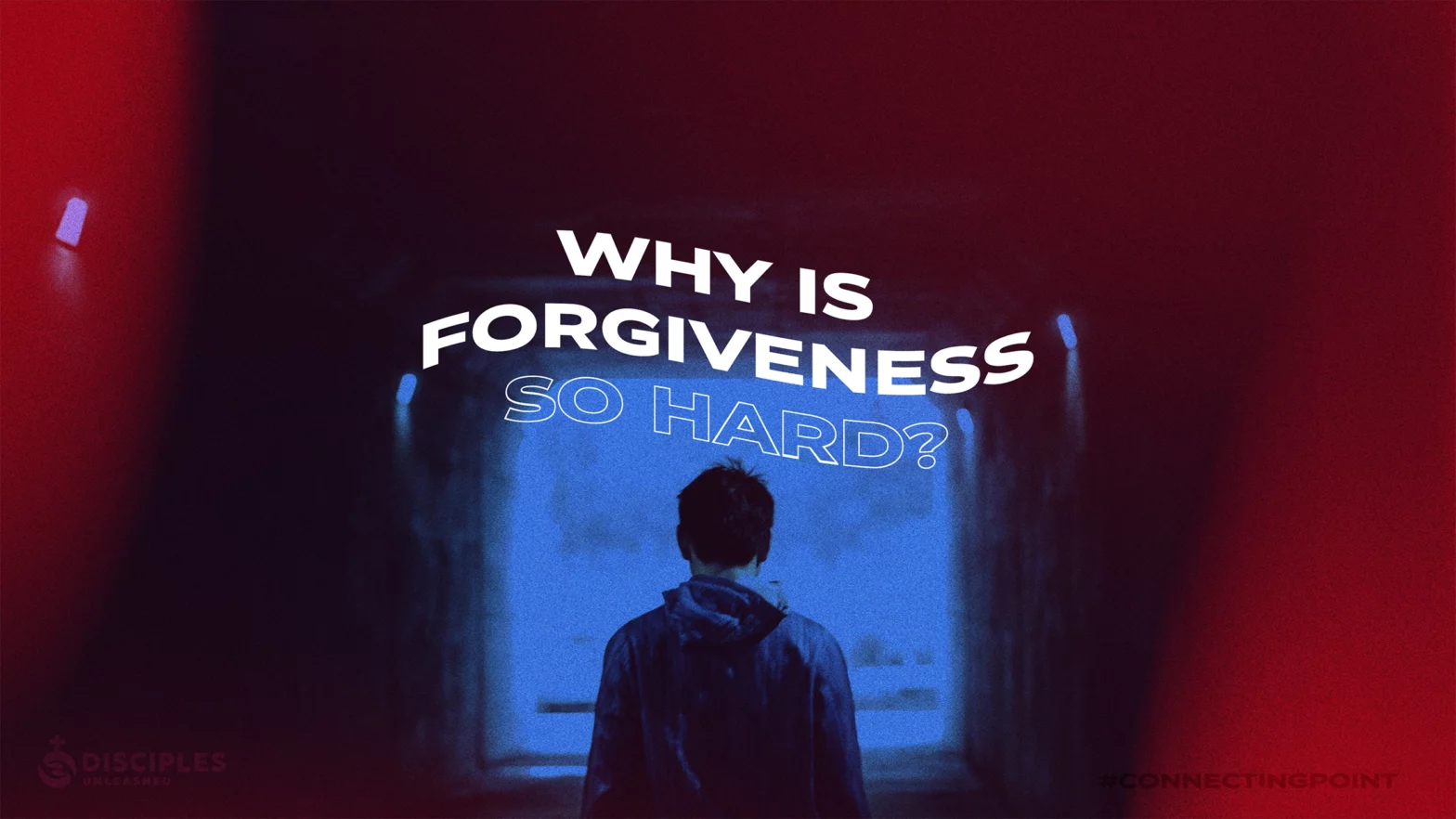Forgiveness is hard because it is something we have to continually do on a daily basis throughout our lives. It is like having to drink enough water every day to stay healthy. Those first few glasses are no problem, but those last few can be burdensome. Then, we have to do it all over again the next day! But, thankfully, it gets easier and easier until it becomes a good, healthy habit.
Like drinking a certain amount of water every day, we have other frequent and daily choices which help us live healthier lives. One of these choices is how we deal with forgiveness. We can live life carrying around our own sinfulness, and possibly other people’s sinfulness, all resulting in pain, blame, and anger. This type of drudgery can truly consume us, if we let it. Or, we can make the decision to forgive those who have offended us and make the effort to learn how to forgive ourselves. It takes constant self-reflection for us to become aware of our faults and failings. Remember Jesus’ infamous question he asks of us: “Why do you notice the splinter in your brother’s eye, but do not perceive the wooden beam in your own eye?” (Matthew 7:3).
Many of us also struggle with the Second Greatest Commandment: “You shall love your neighbor as yourself” (Matthew 22:39/Romans 13:9). We have to learn to love ourselves first before we can truly love our neighbor. And, to truly love ourselves, we have to become aware of our sinfulness, our many faults, and our many failings.
By human nature, we find it easier to blame others, but, in reality, we need to take the time to look at the wrongs we, ourselves, have done. Thankfully, as members of the Catholic Church, we have the Sacrament of Reconciliation, where we believe God forgives our sins. Sometimes, that can be the easy part because we know God is all-loving and merciful. For most of us, the hardest part of forgiveness is making restitution to the person we offended. Trust me, I cringe at even the thought that the penance I get from the priest will be to apologize to someone I have sinned against. That means I actually have to do it. But, honestly, my heart and mind already know that is what I should have done in the first place, instead of carrying that burden around. The Sacrament of Reconciliation is important for the many graces we receive from participating, but most of us already know what we need to do before we even go.
Trust me, there will be times when the person whom you have offended will not accept your apology, or you will not be able to apologize or make restitution for your sinfulness. It is then when you take the whole mess–the guilt, the embarrassment, the frustration, the entire ugly situation–and just give it all over to the Lord, for God does not want us to be weighed down by these burdens.
Like drinking enough water on a daily basis for good health, learning to forgive becomes easier each time, and it will help us all to live healthier lives.
“Real courage is knowing that forgiveness will be hard but finding a way to do it anyway.”
-Fr. Mike Schmitz
Elaine Rhein, St. Francis – St. Maximilian Catholic Community


